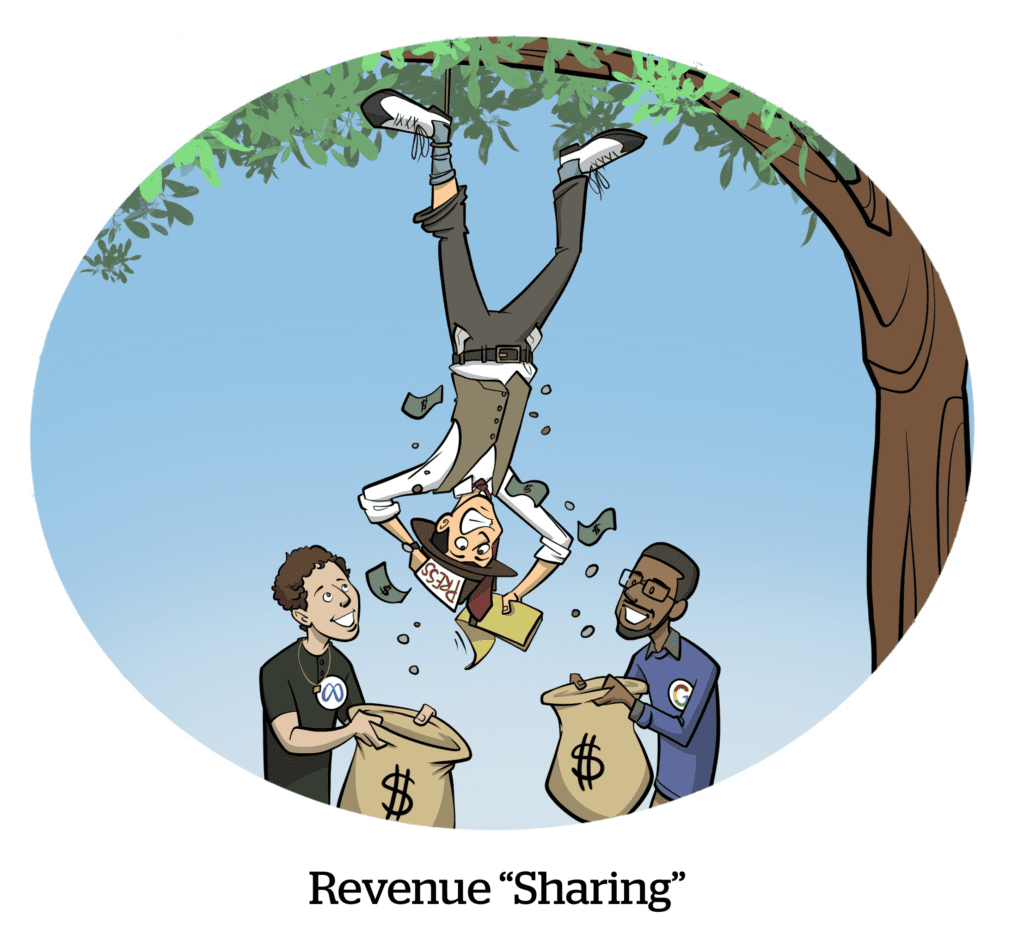The New SEO
When Lars Lofgren saw a bunch of shady Windows keys being resold online (real keys sell for $140 and verify devices to carry Microsoft software), he thought the scam was about selling people fake, dead-end keys.
Then he bought one.
“The key f****ng worked,” he writes at his blog (our bleep), where he covers sketchiness in online publishing and SEO.
But even if the keys work, the resellers are doing some, in Lofgren’s words, “dodgy as hell” things when it comes to marketing tactics.
How does the scheme work?
“Like so many sketchy corners of the internet these days, we begin with a Google search and a Reddit ranking,” Lofgren writes.
What seems to have happened is that scammers are aware that Google Search cut a licensing deal with Reddit, which means Google often defaults to seemingly authentic reviews and conversations in Reddit threads. So scammers hijack old Reddit accounts and stage conversations about, say, where to get Microsoft keys, and then up-vote those accounts (a Reddit thing) so they appear as organic advice atop relevant Google searches.
“Never trust a Reddit thread that ranks in Google,” Lofgren advises. “Even if a post looks real, it’s probably not.”
Don’t Hate, Affiliate
The affiliate marketing category may have fallen out of the spotlight as early players were acquired and conglomerated. Skimlinks, for example, is now part of Taboola, while Publicis has CJ Affiliate, the one-time Commission Junction.
However, there’s been an uptick in activity lately.
Just yesterday, cross-channel marketing company Dotdigital acquired affiliate startup Social Snowball for $35 million. Also yesterday, affiliate and marketing automation company Partnerize bought Konnecto, an AI-based affiliate management startup.
Other acquisitions and investments have stood out as well. Two months ago, Similarweb, a web traffic measurement and analytics company, acquired The Search Monitor, which brings affiliate metrics into its product. Think benchmarketing against affiliate revenue among similar sites and seeing which affiliate networks drive the most traffic to and from which sites.
But that’s not all. Earlier this month, affiliate commerce and deep-linking company Button picked up a growth investment from PSG to pursue creator affiliate products.
On the one hand, social commerce growth is good for the affiliate category. But the wolves are at the door. eMarketer notes that generative AI engines like ChatGPT are pursuing their own recommendation services for many product reviews or shopping decisions that might otherwise have been affiliate traffic.
AI-ring Grievances
We already knew that publishers are practically having nightmares about Google’s AI Overviews depriving them of traffic.
Soon, that may be real life.
Google CEO Sundar Pichai said he envisions a world where there will be “creators who will create for AI,” and publishers might not be involved at all, The Atlantic writes, citing Pichai’s response to a question at the NYT’s DealBook Summit in December.
OpenAI CEO Sam Altman echoed similar sentiments, proposing that creators receive “micropayments” when their names, likenesses or styles are parroted by generative AI products.
Book publishers and news media are increasingly on edge, especially those that publish textbooks and nonfiction. Several tell The Atlantic that they “anticipate a massive decrease in sales, as chatbots can both summarize their books and give detailed explanations of their contents.”
There are many open lawsuits brought by publishers against AI companies right now, but resolutions remain uncertain. After all, there isn’t exactly protocol for a situation that’s never been seen before.
Online publishers have voiced similar concerns when striking deals with AI companies. But when AI companies don’t like the content licensing costs, they’ve shown that they can – and will – consume content without paying.
But Wait! There’s More
Anthropic tries to downplay the degree to which people use its AI products for emotional support or companionship. [TechCrunch]
The BBC is launching a paywall for US readers. [The Verge]
Climate activists briefly occupied WPP’s London headquarters to demand the holdco cut ties with Big Oil and other pollutive clients. [Campaign]
Inside Offerwall, Google Ad Manager’s new audience engagement tool for publisher paywalls. [AdMonsters]
Media buyers don’t believe TikTok will ever get banned at this point. [Digiday]
Paramount weighs a $20 million settlement with President Trump as it seeks approval of its merger with Skydance Media – but execs are grappling with how to settle the case while avoiding legal liabilities for bribing a public official. [WSJ]
Meta AI gets a big win in a copyright lawsuit, as the judge’s ruling spells out which fair use claims he thinks are winners and losers in generative AI copyright battles. [The Verge]
Once OpenAI achieves “artificial general intelligence,” it can limit Microsoft’s access to its technology, which presages a legal battle over the definition of AGI. [WSJ]
You’re Hired!
Rewards app Fetch appoints Gowtham Gundu as its first-ever chief AI officer. [release]












